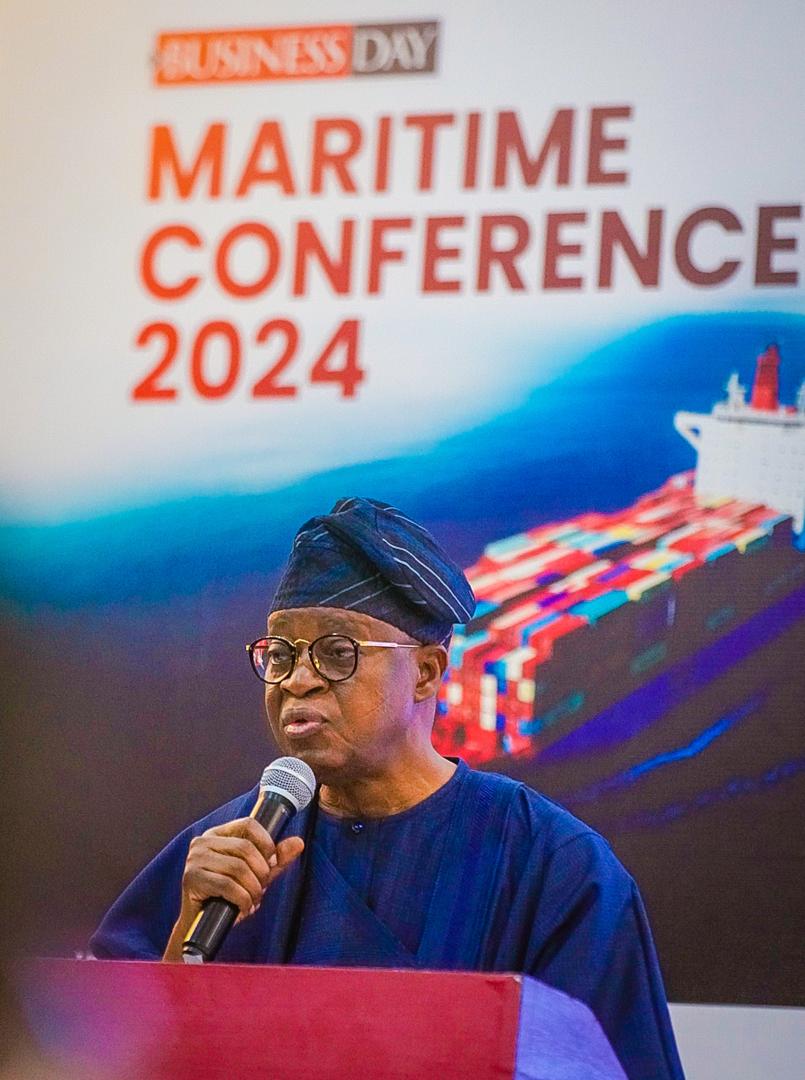A new storm is brewing in Nigeria’s already heated political landscape—and this time, it’s over agriculture. Senators and Representatives from the Northeast have launched a protest over the exclusion of their region from the Special Agro-industrial Processing Zones (SAPZ) program. But their critics are calling it what it is: a dishonest, politically motivated distraction that does more harm than good.
Launched in 2022, the SAPZ program was designed to revolutionize Nigeria’s agricultural economy. With a first-phase funding of 538 million dollars, the project covers eight zones: Kaduna, Kano, Kwara, Cross River, Imo, Ogun, Oyo, and the Federal Capital Territory (FCT). The project received an initial 210 million dollars from the African Development Bank, with further backing from the Islamic Development Bank, the International Fund for Agricultural Development, and ARISE Integrated Industrial Platforms.
So why the sudden uproar from the Northeast caucus?
Observers point to a glaring contradiction. Many of the lawmakers now protesting—including the prominent Senator Danjuma Goje, who is spearheading the agitation—were present when the original list was drawn under President Muhammadu Buhari’s administration. There was no public objection then. No fiery speeches. No letters of protest. Silence.
“If you didn’t object in 2022, why the outrage now?” asks a political analyst in Abuja. “This reeks of selective amnesia and political posturing, not genuine concern for development.”
The SAPZ program is not a political handout—it is a well-thought-out economic intervention targeting areas based on agricultural potential, infrastructure readiness, and private-sector partnerships. Critics of the protest argue that turning this into a regional pity party dilutes the merit-based foundation of the program.
Even more troubling is the targeting of Vice President Kashim Shettima, who is being blamed simply for overseeing parts of the project’s rollout. “Why should every national initiative be interpreted through the lens of regional bias?” one observer noted. “It’s damaging to national unity and undermines the credibility of international partners like the AfDB, who designed this as a neutral, impact-driven intervention.”
It is also a believe by many observers that the Northeast lawmakers are being used as pawns in broader political schemes, especially with 2027 slowly inching closer. “This isn’t about SAPZ,” said one FCT insider. “It’s about control. About staking relevance. About being seen to challenge the current government especially when it required targeting the Vice President.”
However, not everyone is on board with the protest. A few lawmakers have distanced themselves, wary of being seen as enemies of progress or as undermining their region’s long-term relationship with international development partners.
What is clear is that Nigerians deserve more than theatrics. The country is at a critical juncture where agricultural transformation, food security, and industrialization must take precedence over regional politics.
If lawmakers truly care about inclusion, the right path is dialogue, policy engagement, and evidence-based lobbying—not media outbursts and disingenuous grandstanding.
After all, this isn’t just about Northeast alone. It is about Nigeria. The reasonable thing to do, is to lobby and get the region on board. Groundstanding won’t help the future of Nigerian agriculture.





